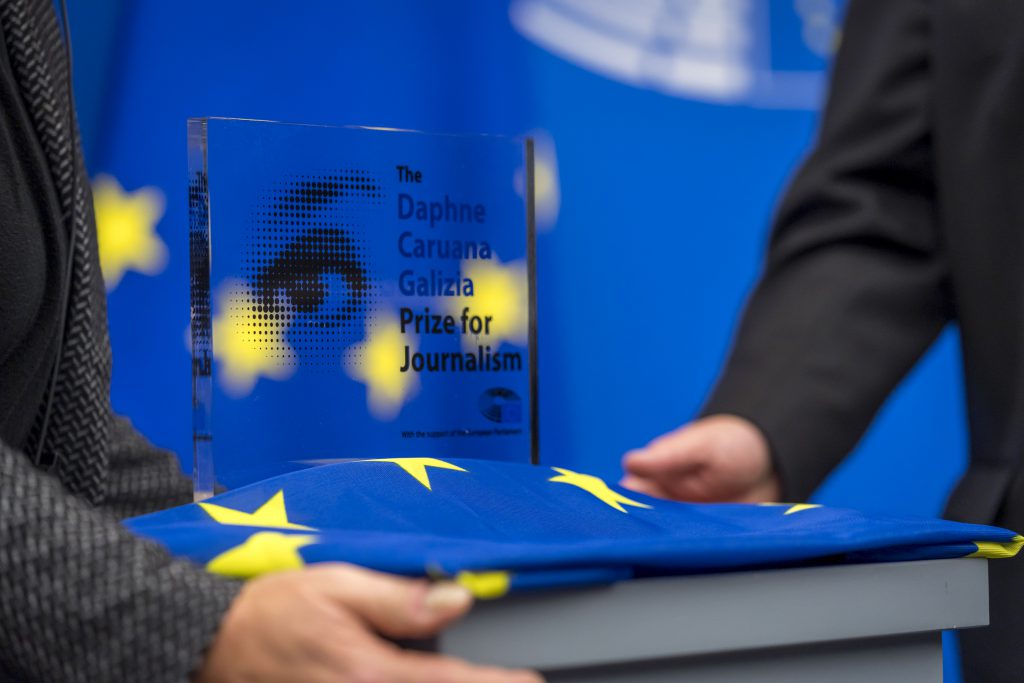Daphne Caruana Galizia murder: accountability and reforms “deficient”, MEPs say

Five years after her assassination, Parliament pays tribute to the journalist and looks into the rule of law, organised crime, and corruption in Malta.
In its resolution adopted with 564 votes in favour, 10 against, and 17 abstentions on Thursday, Parliament acknowledges the progress in ongoing judicial proceedings, and the Maltese Prime Minister’s public apology for the state’s shortcomings that could have contributed to the Daphne Caruana Galizia murder. However, MEPs deeply regret that investigations have led to only three convictions related to the carrying out of her assassination. They insist that everyone involved, at every level, need to be brought to justice, and “the full and continuous involvement of Europol” is needed.
MEPs are also concerned that, one year after its publication, the implementation of the recommendations in the final report of a public inquiry into the killing is deficient, despite a number of reforms put forward by the government. They are appalled by the lack of progress in prosecuting the high-level corruption and money laundering that Daphne Caruana Galizia had been investigating, and are alarmed by the “institutional failure of law enforcement and justice”, including the recent revelations of repeated inaction on European Arrest Warrants. Parliament voices an array of further concerns, including:
- the length and inefficiency of investigative and judicial proceedings;
- allegations of money laundering and corruption;
- the relatively low number of cases referred to the European Public Prosecutor’s Office (EPPO) and the reported lack of cooperation from Maltese authorities;
- the impunity afforded to the former Prime Minister, his chief of staff, and the former minister for tourism; and
- obstacles to media freedom and pluralism.
MEPs welcome the additional resources to support investigations and prosecutions, reforms to the appointment procedure for judges and to the Attorney General’s office and role, several government proposals to improve media freedom (which would need, however, to ensure that relevant European and international standards are met), and the amendment of Malta’s Protection of the Whistleblower Act.
Background
Every October, Parliament awards the Daphne Caruana Galizia Prize for outstanding journalism that promotes or defends the core principles and values of the European Union such as human dignity, freedom, democracy, equality, rule of law, and human rights. This year it rewarded Clément Di Roma and Carol Valade for their documentary “The Central African Republic under Russian influence”.
Parliament has also condemned the criminalisation of, attacks on, and killings of journalists, including those of Ján Kuciak and his fiancée Martina Kušnírová in 2018, of Viktoria Marinova also in 2018, and of George Karaivaz and Peter R. de Vries in 2021.
